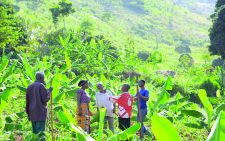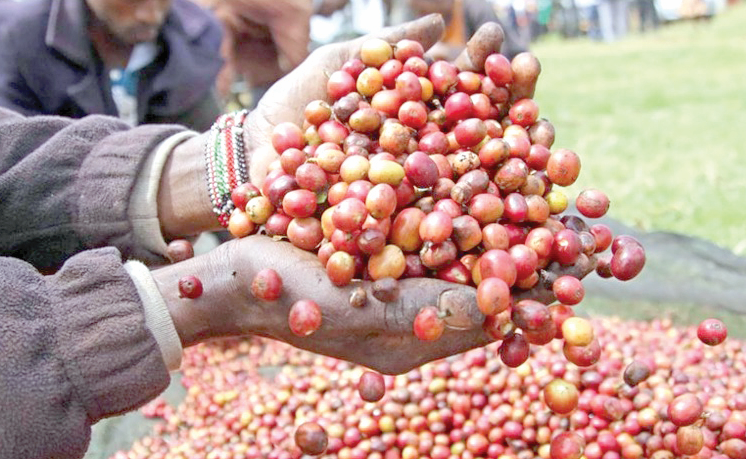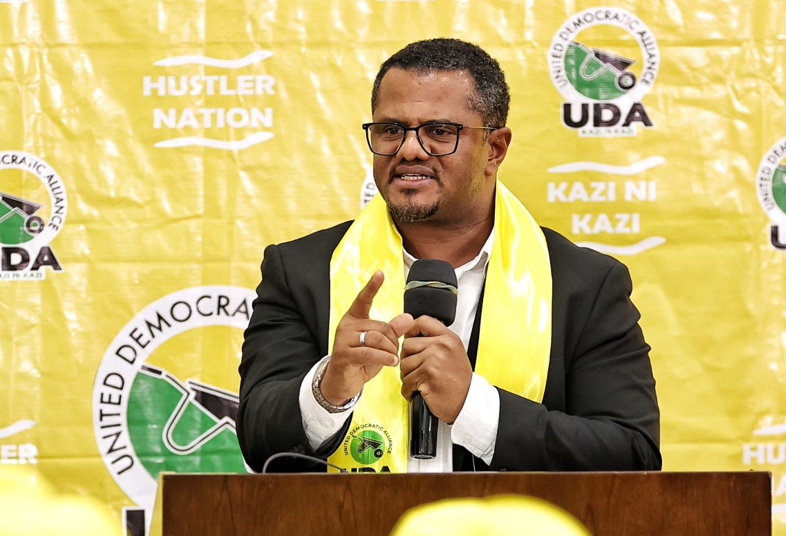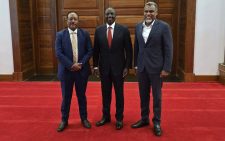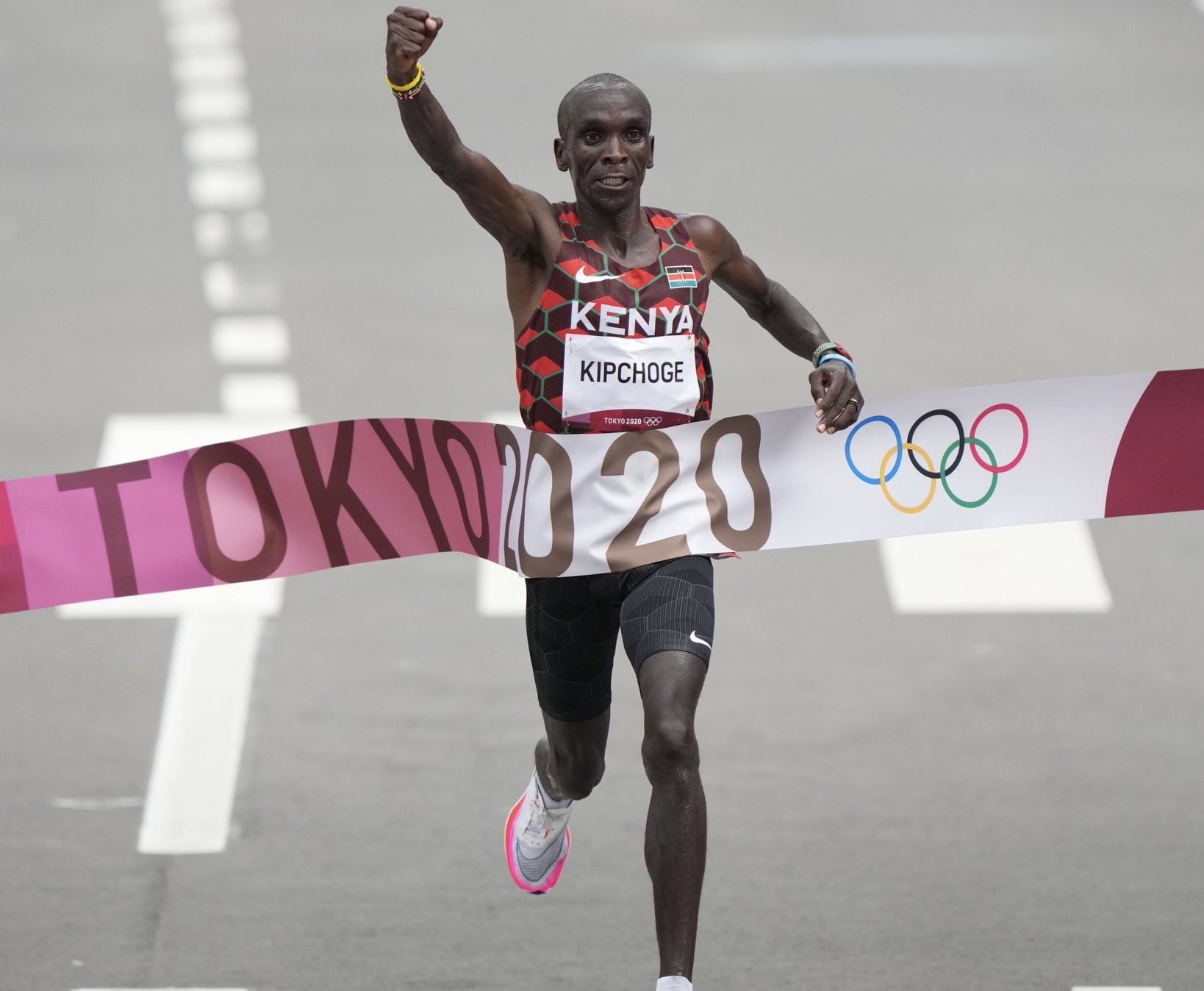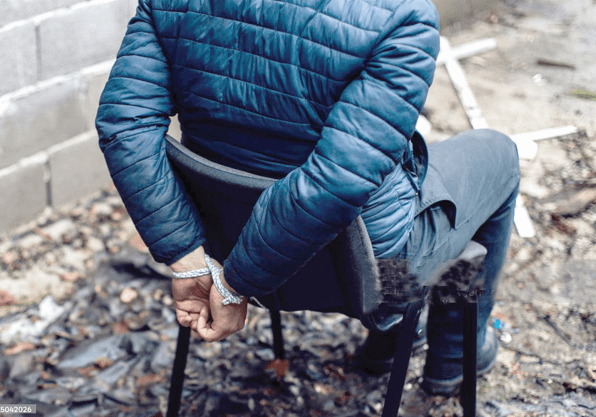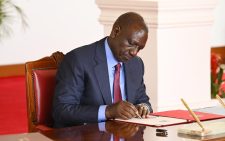Expert: With positive mindset, we can save our planet
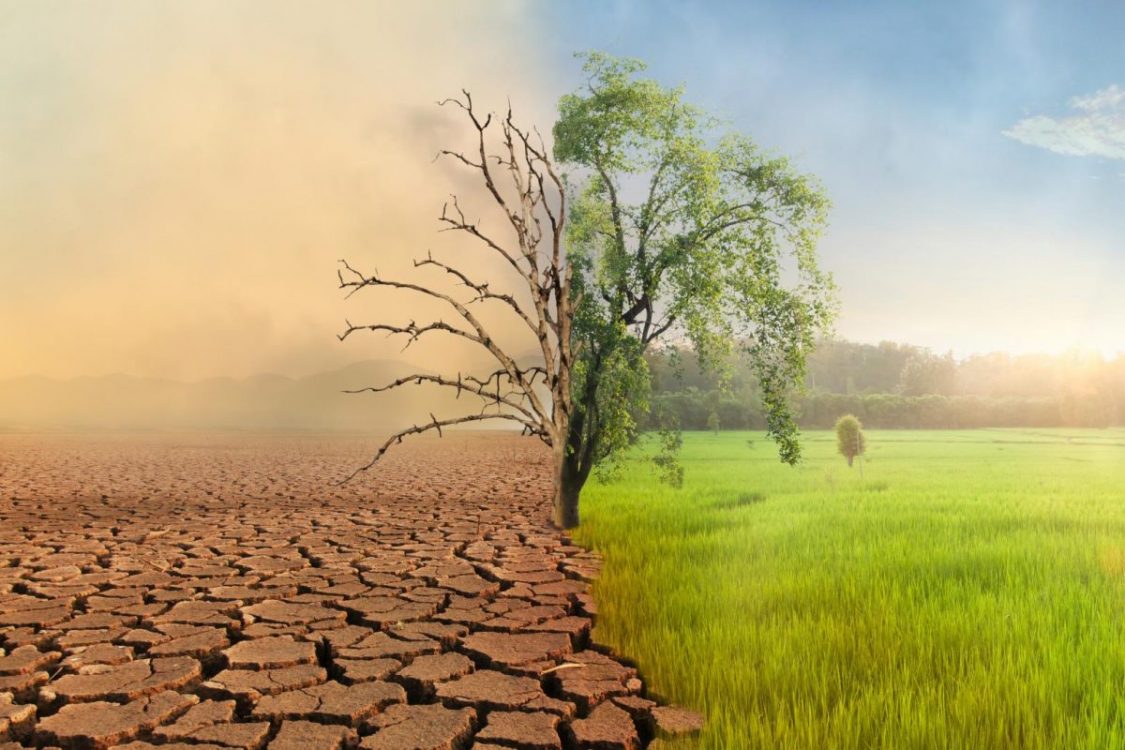
As the fight against effects of climate change rages, the power of small actions should not be underestimated as they are capable of creating a huge difference to make the world safe, clean and livable.
The push to plant trees will contribute to a better climate but if each human being, in their little spaces do not throw away food, stop using prohibited single-use plastic bags and dispose litter in the right manner, achieving a cleaner environment would be realised faster.
Environmental conservationist Lamech Opiyo says it all starts with behaviour change where people must understand that they do not need to be in an environmental space to be concerned about conservation and climate matters.
“As long as you can breathe the oxygen, and as long as you can enjoy the benefits offered by nature, that is enough reason for you to advocate for it. All of us are environmentalists by default and we need to collaborate to curb effects of climate change,” Opiyo says, cautioning that talking without taking action will not resolve the impasse of climate change.
He adds: “Sometimes I also feel like whatever I am doing is not really enough, but I know it counts. The little things we do collectively are needed to make a huge difference. I no longer have single-use plastic bags in my house. If I go shopping I have my bag. I always carry my reusable water bottle to ensure whatever I am preaching I am also practising.”
The 25-year-old environmentalist has been at the forefront championing conservation initiatives and climate advocacy working with school children and youth groups to implement climate action projects.
A graduate of Kenyatta University with a bachelor’s degree in Environmental Studies and Community Development, Opiyo says he challenges himself to be part of the solution, rather than sitting back and feeling helpless or waiting for specific people to address climate change.
Main motivation
“The wake-up call is that since this is something that affects each one of us, we have a way to contribute. My main motivation is that I want to see a livable planet tomorrow. Whoever will come after me will be able to enjoy the same benefits I am enjoying at the moment. We all must ensure that the next generation will find a livable planet,” he stated.
Opiyo says he aims to make a difference as one who stood to be counted when the world needed him most.
He revealed how after joining campus in 2018, he embarked on environmental advocacy and later in 2019 he undertook his first climate-related project.
Since then, he has done several projects mainly targeting learners both in primary and secondary to undertake restoration initiatives.
“We not only advocate but back it up with actions. While working with children, climate literacy is very important and is the key area we focus on. We educate the children, so that they are aware of the objectives, and then we do actionable projects like setting up tree nurseries, and planting trees. We are moving away from the narrative of people planting trees and not taking care of them,” he explained.
He went on: “Imagine if we are working with pupils in Grade Three of about three streams with about 50 pupils in each. Factoring that they will be in the same school for another five years if each child is taking care of a tree by the time they are transitioning, the trees will be mature already.”
Noting that his conservation actions are visible, Opiyo explained that he not only plants indigenous trees but also fruits to motivate the learners in some schools from hunger-stricken parts ofthe country.
To keep the projects running and sustainable, Opiyo said he encourages schools to create environmental clubs so that learners can be mentored to be custodians of the trees planted.
“For the last one year, I have worked with about 25 schools both private and public spread across seven counties of Nairobi, Kiambu, Mombasa, Murang’a, Nyeri, Kisumu and Trans Nzoia,” he says.
But it was not a smooth ride for the young Kenyan who was among the local delegates who made presentations during the 28th Conference of Parties held in Dubai (COP 28), last year.
Opiyo said selling the idea on matters of climate change to people has been met with resistance as many still do not believe in it, are ignorant about it and also deny it.
Additionally, he says how lack of resources has hampered actualisation of well-thought-out projects which only remain on paper.
“Sometimes we face overlapping challenges when implementing tree planting projects, for instance, when schools are willing to plant trees but lack water or fences or have academic related challenges which I cannot cater for due to lack of resources,” he added.
Zero budget
He, however, emphasised that lack of resources should not be a limitation since he has initiated some projects with zero budget where some well-wishers donate seedlings.
“The transformation we have been able to do within this space, working with young children who by the time they are finishing school and seeing what they have been able to achieve to restore climate is really inspirational,” he said.
According to Opiyo, the youth still look down upon climate-related careers as they don’t appeal to them because they are not fashionable calling for like-minded agencies to educate the youth in a manner that will influence behavior change.
He termed his attendance at the COP 28 as a dream come true because he had always wanted to be at the decision-making table with those in power when climate interventions and policies are made.
“I had a good experience at COP and was running a session in the green zone focusing more on advocacy. I did a presentation on biodiversity, the vanishing variety and crisis in the conservation of biodiversity and gaps in the law governing the sector,” he said, adding that the high-level meeting was an experience-sharing platform as people spoke out about the challenges they are facing in their respective countries.

